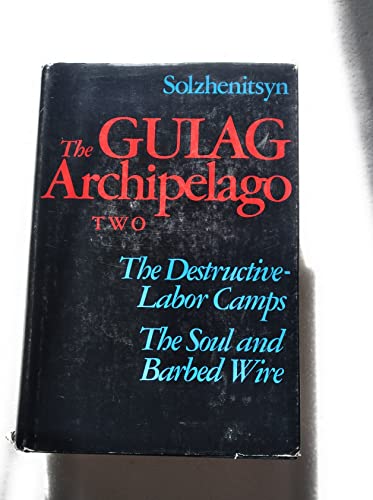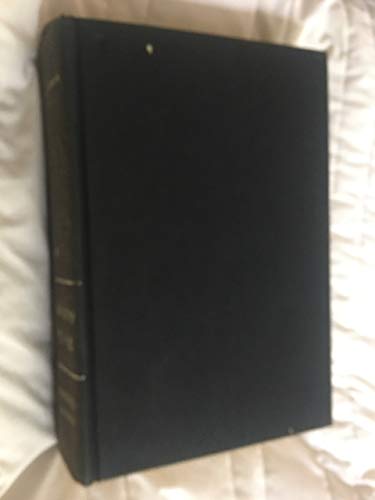
The nationwide expansion of the archipelago under Stalin, when successive waves of prisoners (victims of enforced collectivization in 1929 of the Great Purges of the 1930's, and of postwar repatriation of P.O.W.'S and other SovietĬaptives in Germany) passed through the "island waterways" via "ships" (prison trains) to innumerable "ports" (transit prisons). He traced the development of the punitive legal system and mapped out In "Gulag I," however Solzhenitsyn documented the establishment of institutionalized terror by Lenin. Informants gone beyond their own immediate experience. The authors have usually been foreigners repatriated after serving their terms, often Poles arrested by the Russians on Soviet-occupied Polish territory after 1939, when Hitler and Stalin divided Poland between them. With the exception of a few early pioneering studies conducted in the West, which were necessarily limited in scope, until now individual memoirs by former prisoners have been the chief source of our knowledge of the camps. Although it has become the fashion to dismiss "Gulag," as "nothing new," this is, in fact, the first time the entire range of the calamity has been recounted, and by a great writer, a great The evidence includes the testimony of over 200 victims interviewed by Solzhenitsyn, who himself spent eight years in the "archipelago" of camps and prisons run by GULAG, the Central Lenin and Stalin introduced in our century. As the subtitle suggests, "Gulag" is an attempt to investigate, and to present in the language of literature, the institution of mass police terror that In "Gulag" Solzhenitsyn leaves it to his subject to convey its own imperatives. "Gulag II" comes to us now as a reminder of Solzhenitsyn's immutable achievements. It was cause for worry: the passage from inquiry to advocacy, from exposition to exhortation, from literature in politics (or proselytism) has disabled many a Russian writer, including The whole world"-was being put to the test. The stirring hyperbole of his Nobel Prize lecture-"one word of truth shall outweigh Platforms and on TV presented the spectacle of a writer genuinely persuaded that he might change the minds of politicians by the force of the Word. Uneasiness among many of his admirers grew into dismay as he offered instruction, judgments and proposals intended to reverse the course of East-West relations.

Recent political pronouncements in the United States.


T is good that the second volume of "The Gulag Archipelago" should appear in English within months of Aleksandr Solzhenitsyn's OctoThe Gulag Archipelago By PATRICIA BLAKE


 0 kommentar(er)
0 kommentar(er)
